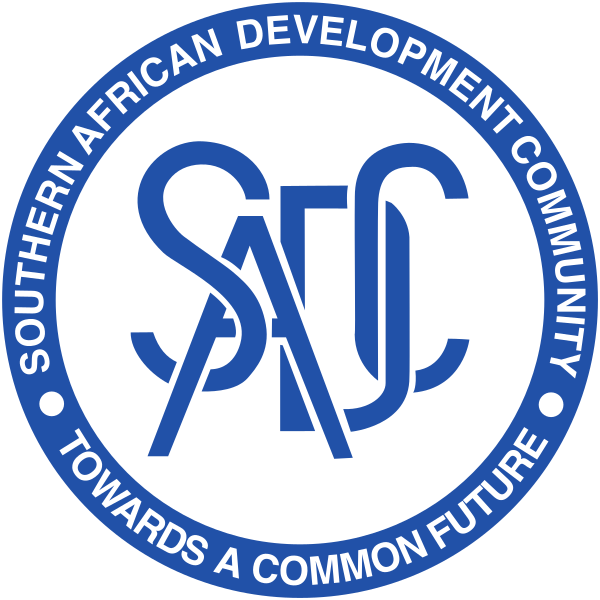September 9, 2019, LUSAKA – Marking an historic milestone in agricultural trade and export, the United States Government, in partnership with the Southern African Development Community (SADC) Secretariat, formally commissioned the first hybrid maize seed export from Zambia to the Democratic Republic of Congo (DRC). This maiden export is a pilot and first of its kind to be commissioned under the SADC Harmonised Seed Regulatory System (HSRS) Seed Certification and Quality Assurance guidelines. The guidelines offer a path forward for SADC countries to move high quality seed varieties listed in the SADC Regional Variety Catalogue across borders and ensure consistency to those improved seeds.
Variations in national seed certification and quality control standards, as well as quarantine and phytosanitary measures, have historically complicated seed trade between countries and made it difficult to move emergency seed consignments across borders. As a result, new and existing seed entrepreneurs are discouraged from investing in the market. This regional seed trade pilot is the first full engagement of the SADC Harmonised Seed Regulatory Systems, making it an historic milestone, which will provide valuable lessons regarding the workability of the recently passed SADC Seed Certification and Quality Assurance guidelines.
“This is a turning point and a moment in time we should mark with significance between the Southern African Development Community and the United States,” said Ambassador Daniel Lewis Foote. “As the doors of seed trade open, there is great potential for economic development, and more importantly, food security and resilience. I would like to personally commend the great nation of Zambia for its leadership role and being the first to export an improved seed variety across its border”
Representatives from the Government of Zambia, U.S. Department of State, United States Agency for International Development (USAID), SADC Food, Agriculture and Natural Resources (FANR), National Seed Authorities from the four focus countries (Malawi, Mozambique, Zambia and Zimbabwe), Seed Co Zambia Ltd, Zambia Seed Trade Association and other private seed sector stakeholders marked the occasion at the Seed Co Zambia Ltd facility, where the Honorable Minister of Agriculture for Zambia, Mr. Michael Katambo, provided the keynote address.
“It is an honor to be the first, especially when it is about economic development, food and nutrition, and this maiden export is no exception. The Zambian government looks forward to a future where the trade of improved seed varieties between our nations is not such a novelty, but a matter of best practice,” said the Honorable Minister of Agriculture in Zambia, Mr. Michael Katambo. “Today is just the beginning and Zambia, along with the other SADC Member States, is committed to the full domestication of the Harmonised Seed Regulatory System.”
Funded by USAID, this pilot launched on December 4, 2018 is a joint venture between the Feed the Future Southern Africa Seed Trade Project, SADC FANR, Seed Co Zambia Limited, and the Government of the Republic of Zambia. Under this partnership, Seed Co Zambia Limited planted 200 metric tons worth of hybrid maize seed composed of three varieties (SC647, SC637 and SC719) in accordance with the SADC HSRS requirements.
The United States government will continue to partner with the Zambian government, as well as the SADC Secretariat, working towards the full implementation and domestication of the SADC Harmonised Seed Regulatory Systems among Member States.
About Feed the Future Southern Africa Seed Trade Project
The Feed the Future Southern Africa Seed Trade Project (Seed Trade Project) is a five-year project designed to increase the availability of high-quality seed of improved varieties to farmers in the Southern African Development Community (SADC) region, and contribute to increased agricultural productivity and improved food and nutrition security. The Seed Trade Project provides targeted technical assistance to facilitate implementation of the SADC Harmonised Seed Regulatory System (HSRS), which aims to boost seed trade across the region, integrating smaller and more isolated national seed markets into one larger SADC market. The Seed Trade Project is part of a regional policy effort to improve agricultural productivity, food security and nutrition in the SADC region.

